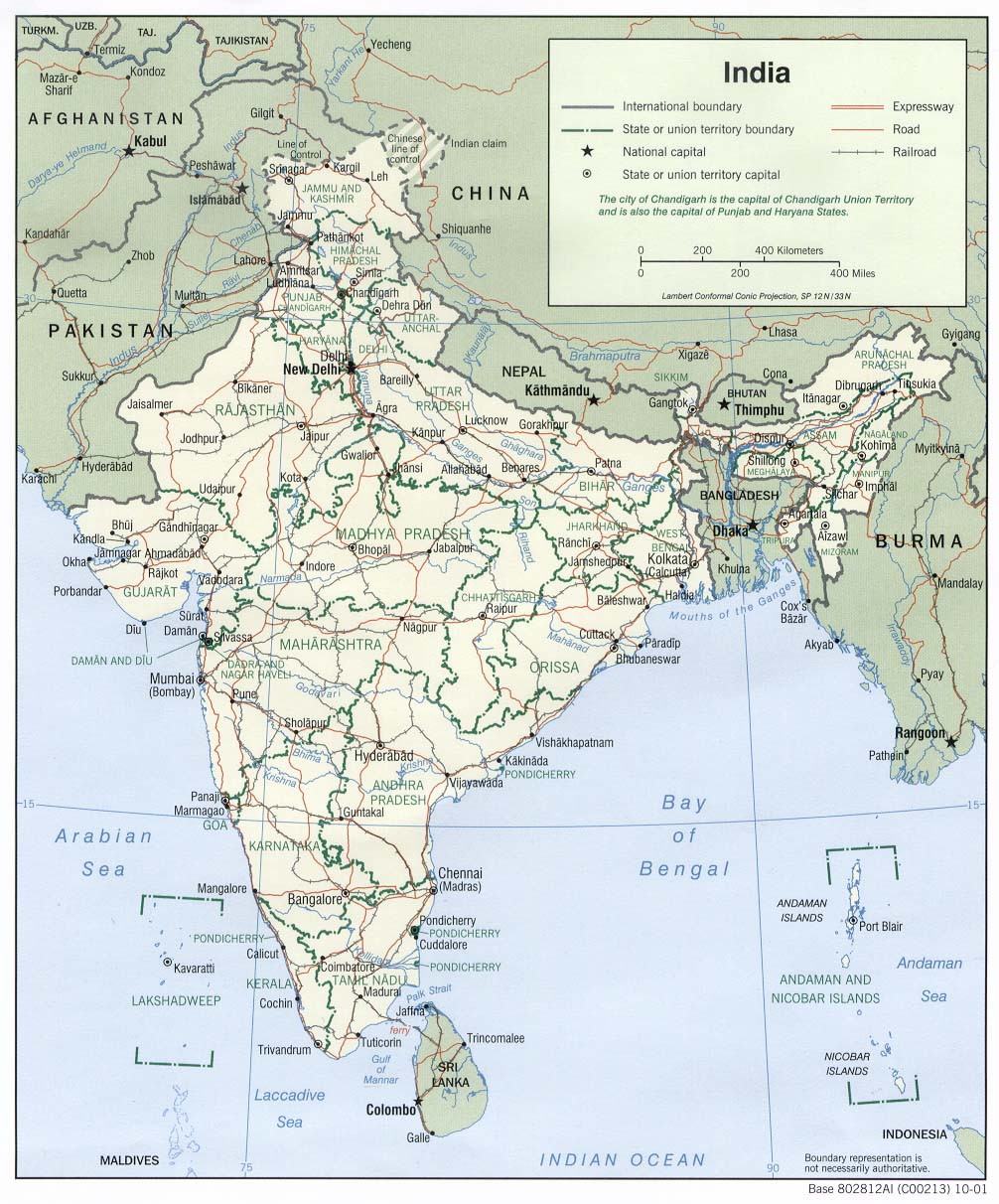A nuclear exchange between India and Pakistan would produce airborne debris that would poison distant crop fields with radioactive material and curb worldwide precipitation and heat levels, disrupting global agriculture and potentially causing the starvation of more than 1 billion people, according to an independent analysis issued on Tuesday (see GSN, Feb. 24, 2011).
The expert behind the assessment said he marshaled empirical evidence in support of admonitions that a nuclear conflict might have unplanned international repercussions, Agence France-Presse reported.
"It is not just the arsenals of the U.S. and Russia that pose a threat to the whole world," Ira Helfand, a Massachusetts doctor with the International Physicians for the Prevention of Nuclear War, said in an interview with AFP. "Even these smaller [arsenals] pose an existential threat to our civilization, if not to our species. It would certainly end modern society as we know it."
Climatic alterations resulting from a nuclear conflict would cut the U.S. corn yield by a mean level of one-tenth for 10 years, according to the analysis. Soybean growth would suffer a comparable decrease, falling most significantly in the initial five years following the exchange, it adds.
Chinese rice generation would take a mean-level hit of 21 percent in the 48 months following such an event and endure a 10 percent decline for six subsequent years, Helfand determined.
The calculations do not consider boosts in ultraviolet radiation or the possibility of new weather cycles resulting in the rapid, deadly freezing of commercial vegetation, meaning agricultural tolls of a nuclear conflict might exceed Helfand's projections, AFP reported.
The analyst said more profound weather shifts would result if either Washington or Moscow employed a relatively limited part of its nuclear stockpile in an offensive. More
